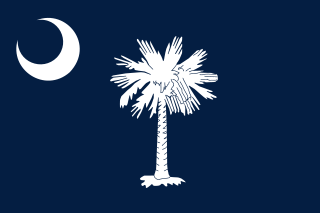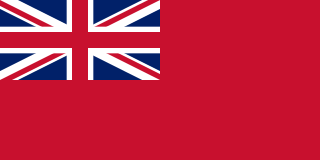Edward John Barker (31 December 1799 – 27 April 1884) was an English physician and journalist who worked for much of his life in Canada.

A physician, medical practitioner, medical doctor, or simply doctor, is a professional who practises medicine, which is concerned with promoting, maintaining, or restoring health through the study, diagnosis, prognosis and treatment of disease, injury, and other physical and mental impairments. Physicians may focus their practice on certain disease categories, types of patients, and methods of treatment—known as specialities—or they may assume responsibility for the provision of continuing and comprehensive medical care to individuals, families, and communities—known as general practice. Medical practice properly requires both a detailed knowledge of the academic disciplines, such as anatomy and physiology, underlying diseases and their treatment—the science of medicine—and also a decent competence in its applied practice—the art or craft of medicine.
Barker was born in England, lived for a time in South Carolina, and then returned to England, where he successfully practised as a physician and in medicine for a number of years.

England is a country that is part of the United Kingdom. It shares land borders with Wales to the west and Scotland to the north-northwest. The Irish Sea lies west of England and the Celtic Sea lies to the southwest. England is separated from continental Europe by the North Sea to the east and the English Channel to the south. The country covers five-eighths of the island of Great Britain, which lies in the North Atlantic, and includes over 100 smaller islands, such as the Isles of Scilly and the Isle of Wight.

South Carolina is a state in the Southeastern United States and the easternmost of the Deep South. It is bordered to the north by North Carolina, to the southeast by the Atlantic Ocean, and to the southwest by Georgia across the Savannah River.
In 1832, after emigrating to Upper Canada with his family, he settled in Kingston, Ontario. Barker continued in medical practice but developed an interest in journalism. In 1834 he founded the then semi-weekly British Whig. The newspaper, now the Kingston Whig-Standard , became the longest continually published newspaper in Canada. [1]

The Province of Upper Canada was a part of British Canada established in 1791 by the Kingdom of Great Britain, to govern the central third of the lands in British North America, formerly part of the Province of Quebec since 1763. Upper Canada included all of modern-day Southern Ontario and all those areas of Northern Ontario in the Pays d'en Haut which had formed part of New France, essentially the watersheds of the Ottawa River or Lakes Huron and Superior, excluding any lands within the watershed of Hudson Bay. The "upper" prefix in the name reflects its geographic position along the Great Lakes, mostly above the headwaters of the Saint Lawrence River, contrasted with Lower Canada to the northeast.

Kingston is a city in Eastern Ontario, Canada. It is on the eastern end of Lake Ontario, at the beginning of the St. Lawrence River and at the mouth of the Cataraqui River. The city is midway between Toronto, Ontario and Montreal, Quebec. The Thousand Islands tourist region is nearby to the east. Kingston is nicknamed the "Limestone City" because of the many heritage buildings constructed using local limestone.
The Kingston Whig-Standard is a newspaper in Kingston, Ontario, Canada. It is published five days a week, from Tuesday to Saturday. It publishes a mix of community, national and international news and is currently owned by Postmedia. It has ISSN 1197-4397.


